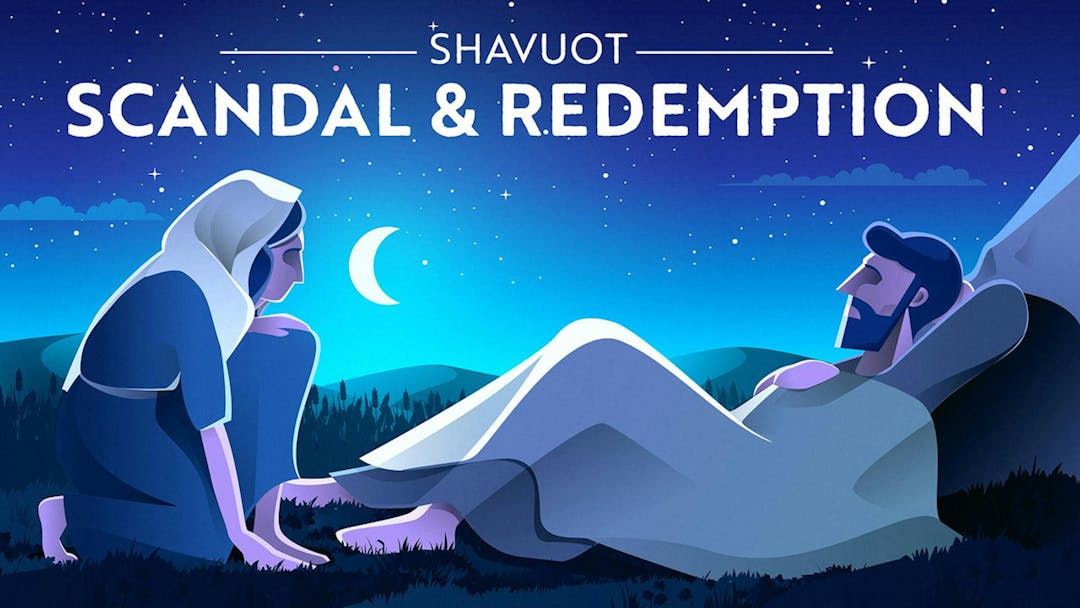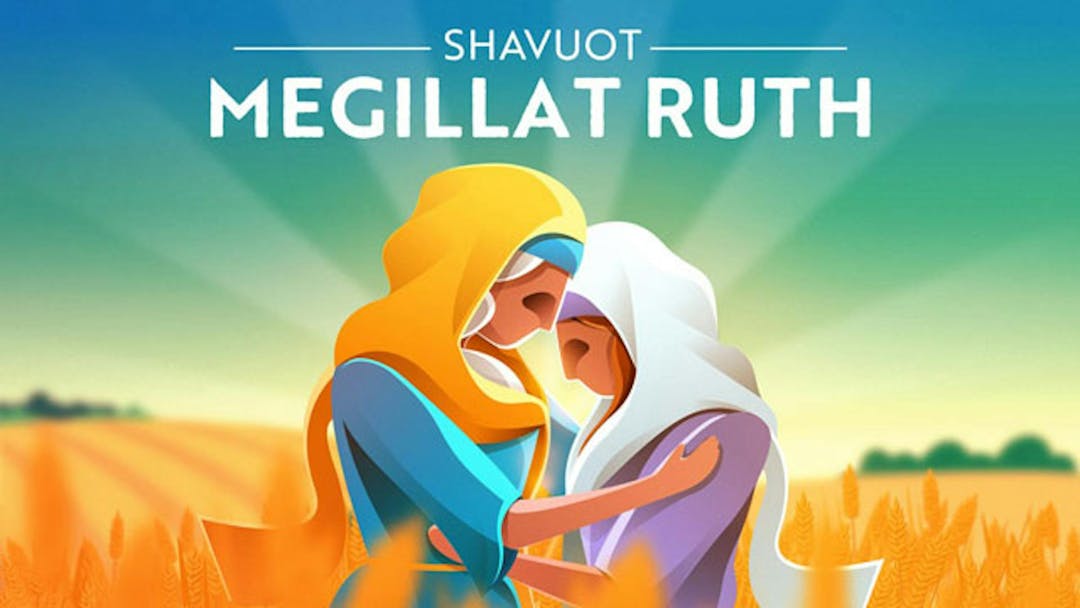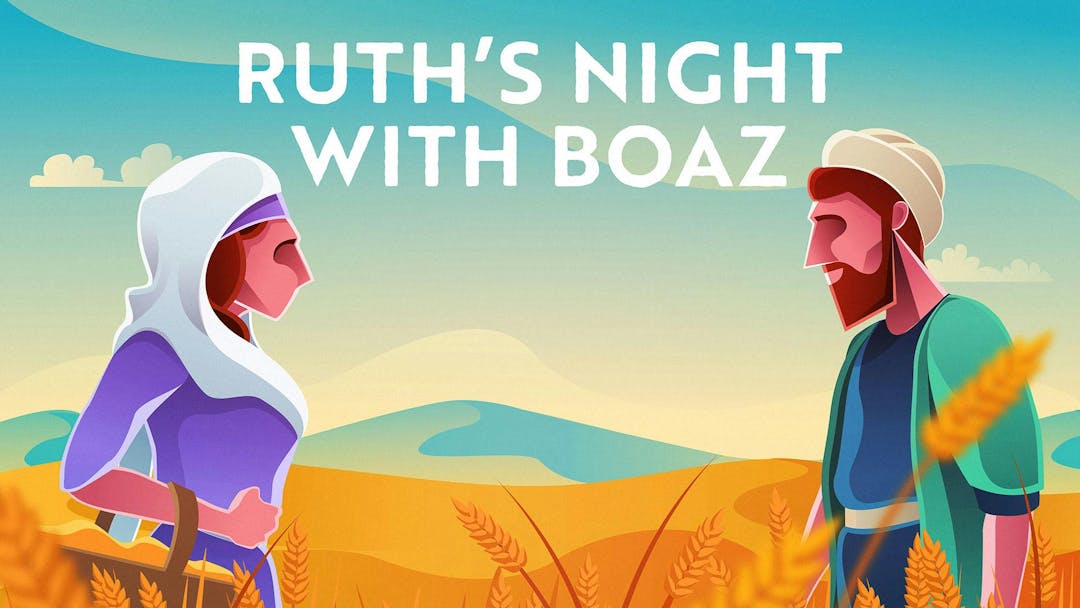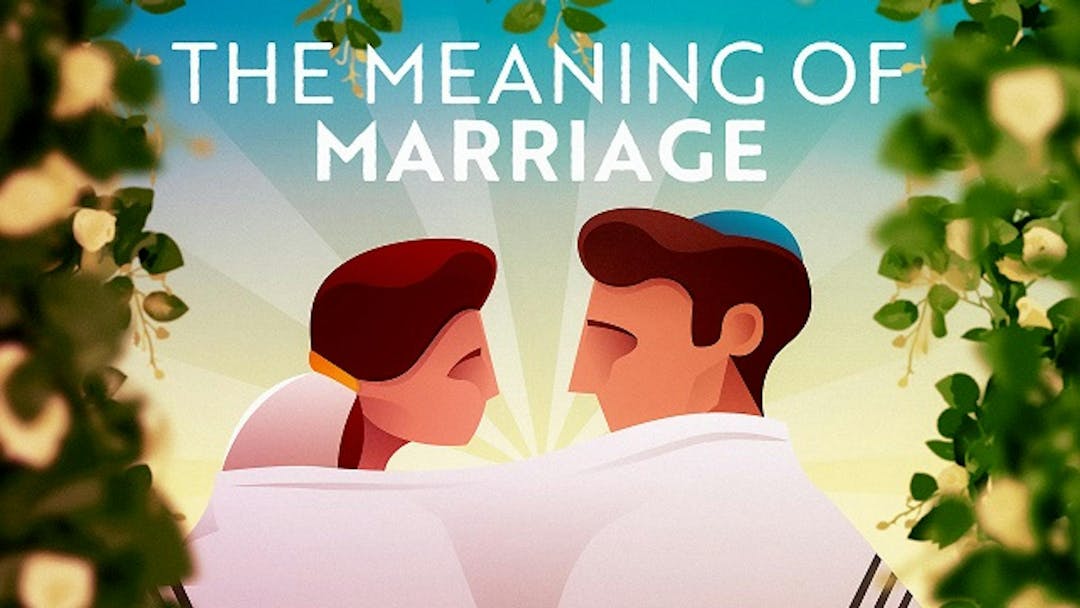Start your free trial today to unlock the full library and enjoy unlimited and uninterrupted access.
Get StartedDid King Solomon Pen A Hidden Commentary On Ruth?
Solomon’s Secret Commentary on Ruth
Eishet Chayil is the ode to feminine gifts, written by King Solomon in the final chapter of Proverbs, and sung every week, at the Friday night Shabbat table. For generations, many of us have been singing this song every Friday night at our Shabbat table, singing to the woman of the house and extolling her praises. Rabbi Fohrman recorded this live audio in Alon Shvut, Israel, in which he aims to understand the essence of what a "woman of valor" really means.
For indeed, the very notion is odd. Valor is often thought of as a masculine virtue – signifying bravery, on the battlefront, or otherwise. And yet, King Solomon uses this phrase when describing what he calls the most important of feminine gifts. Why? Rabbi Fohrman argues that Solomon, in the song of Eishet Chayil, hides a theory of a vision of unique feminine power and strength.
Want to watch the full video for free?
Enter your email and we’ll send you a link to watch the full series free.
What is Aleph Beta?
Aleph Beta is a unique kind of Torah library. Led by our founder, Rabbi David Fohrman, we are dedicated to high-level, textual Torah learning for adults that is intellectually and spiritually sophisticated, that enlivens your Jewish practice and helps you forge a deeper connection to God. Whether you’ve been learning in yeshiva for years or you’re just beginning your Torah journey, you’re sure to find something meaningful and surprising waiting for you here.
Browse our library of over 1,000 beautifully produced animated videos, podcasts, deep dive courses, and printable guides. Topics include the weekly parsha, Jewish holidays & fast days, laws & mitzvot, prayers, relationships, big philosophical ideas and more. Have something to say at the Shabbos table that will amaze your family and guests and bring deep meaning into their lives.












